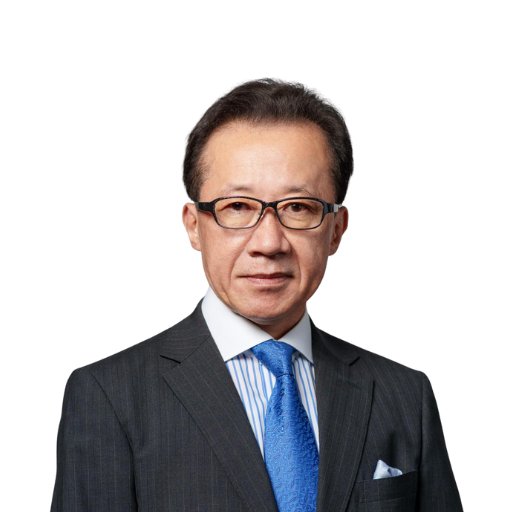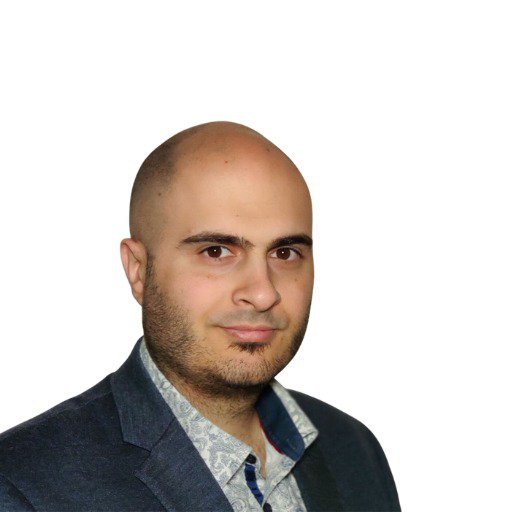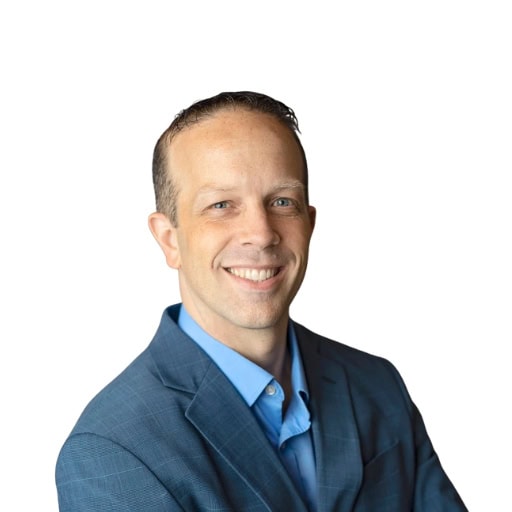Recently, I headed down to Melbourne to attend the ISACA, Beyond Tomorrow event. Erik Prusch, CEO of ISACA flew from the United States to maintain his philosophy of being on the ground amongst members. Having joined ISACA just over a year ago, Prusch brings a fresh perspective to an organisation that commands a global footprint with 180,000 members across 188 countries.
Prusch led with the unique characteristics that attracted him to ISACA as the leader.
"I wanted to find an organisation that not only had a reason for being but did it better than anybody else" Prusch mentioned, that the community spirit and the high engagement rate among ISACA members.
The organisation, founded in 1969, holds 225 chapters globally, serving as a knowledge hub and professional community for experts in information security, governance, and risk management.
Unlike many top-tier executives who are often elusive, Prusch is hands-on. He likened ISACA’s membership base to a "crowdsource" that helps shape the organisation's direction and offerings.
"We're crowd sourcing not only where this industry should go but also how we should convey information," he said.
This approach allows ISACA to offer solutions, including certifications and training, tailoring their programs to align to the needs of their members.
AI: The New Frontier
"We enable organisations to grow the right way." Said Prusch.
Prusch believes that artificial intelligence has only begun to make its mark. He stressed the organisation’s proactive steps, such as launching six new courses in record time to help members stay ahead of the curve. Prusch admits that the industry as a whole is still grappling with the full scope of AI's impact.
"We don't even understand the problem yet," he confessed, pointing to the need for real-time solutions and scalable knowledge.
"We've got to evolve faster than the problems are evolving." Added Prusch.
The Broader Impact
When discussing the broader implications of AI, Prusch acknowledged the ethical and regulatory challenges. Advocating for a balanced approach.
"We've got to engage in conversations and adopt a set of standards that we can all understand and benefit from," he remarked.
The CEO repeated the importance of self-regulation alongside governmental oversight, drawing a cautionary parallel with the mixed results of past regulations like the Sarbanes-Oxley Act.
Hope and Realism
Despite the challenges, Prusch remains optimistic. Drawing parallels to the early days of the Internet, he believes that while AI has the potential to proliferate problems at a much larger scale, the collective good can still prevail.
"More people are good. The bad guys are in smaller numbers," he responded and maintaining that acting for good will stand the test of time.
A Vision for the Future
Mr Prusch outlined his fireside chat topics, focusing on ISACA's ambitious goals for 2025. They include expanding membership, especially through academic institutions, and adapting to the AI-driven environment with updated certifications and training.
"We want our members to be the go-to agents within their enterprises," added Prusch, reassuring his commitment to empowering ISACA members to drive solutions to complex problems.
Through an informed, skilled, and dedicated membership, ISACA is not just keeping pace with change but is actively shaping the future of the industry.
"We enable organisations to grow the right way." Concluded Prusch.









